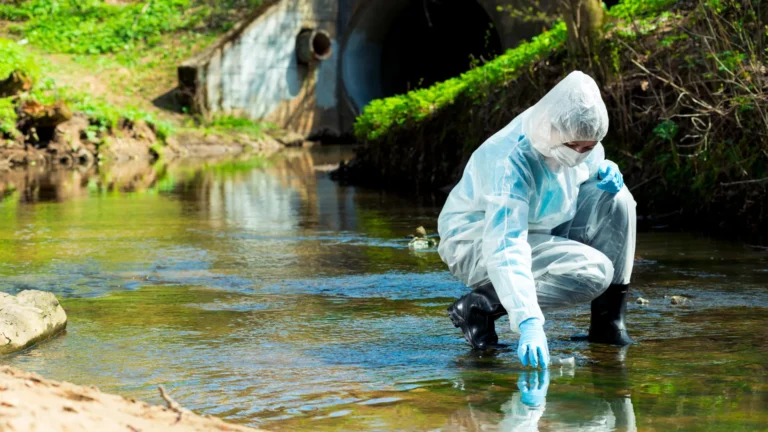A new study in Nature Communications Earth & Environment reveals that wildfires continue to contaminate watersheds in the Western U.S. for up to eight years, longer than previously estimated. Conducted by researchers from the University of Colorado Boulder, the study analyzed over 100,000 water samples from 500 sites, comparing burned and unburned areas.
Key findings indicate elevated levels of organic carbon, phosphorus, nitrogen, and sediment post-wildfire. Recovery is variable, with tighter impacts in forested areas and rivers closer to the fires. The study emphasizes the need for precise data to guide water management strategies informed by these long-term contamination trends.
Researchers aim to aid water managers in preparing for the effects of wildfires by providing concrete numbers, distinguishing this research from previous localized studies. The results underscore the variability in water quality recovery and the delayed nature of contamination effects.


